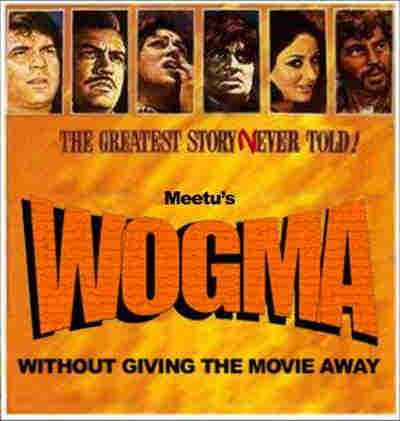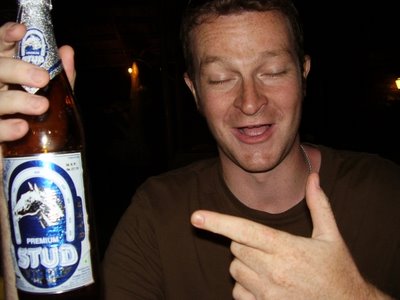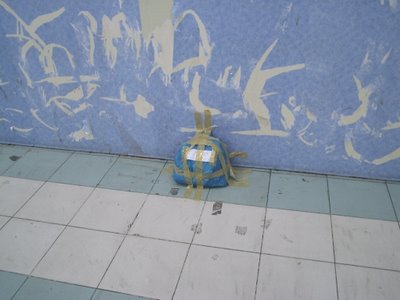I got chatting to an autorickshaw driver – a rickshawala – the other day. This isn’t unusual, but normally my non-existent Marathi and their often-limited English restricts us to vague discussions about the cricket or the state of the roads.

Paul and Rachel in an autorickshaw, Hampi
This particular fellow – Ashok C was his name – spoke better English than me. We had an interesting chat on my journey from Deccan back to Tadiwala Road.
First of all he asked me about religion, and the attitude in Britain towards Muslims. He was concerned about relgious divisions and the resulting violence. “All religions share an ultimate truth. God, Allah. I have Muslim friends, Christian friends, Parsi friends. I myself am a Hindu.”
Next we moved on to politics, and the corruption and mismanagement that mars governance in India – and many other places. “If you have a product, even if the quality is bad, even if it is shoddy, you sell it in the most glowing terms. In the same way, this is how the politicians sell themselves.”
Given that India is a stable democracy, why can’t the rotten politicians get voted out of office? “If you have an honest, educated man and he stands for election, he will never win. Because he does not know how politics works… In the USA they have the right to recall. Perhaps here we will have this in 5-10 years.”
Ashok is actually a Real Estate Agent. He rents out the rickshaw to a driver who pays him Rs60-100 ($1.30 – $2.20) per day. Sometimes the driver doesn’t come, so Ashok drives the rickshaw himself, as happened on this occasion. He says that working an 8-hour day, the driver will make a net profit (after expenses) of around Rs150. For 12hrs, perhaps Rs200-500. Sometimes, this can be boosted a little: hotels pay a commission of Rs250, or taking an industrial supplier around for a day will earn Rs400 plus petrol costs. “It is the easiest way for people to make money with a limited level of education. But even then it is not enough for a family.”
The global pricehike in oil has hit rickshawalas in the pocket. In Pune, the meter rate is around Rs7 per kilometer, although prices haven’t gone up this year. “In the last year, petrol has increased in cost by around 30%. But we have not increased our fares, because then people will not get in the rickshaws. So it is a problem.”
It was a real pleasure to get these insights from Ashok. When I arrived back home, he said farewell. “I can talk to people for hours about these kind of things. But unfotunately my profession does not allow it.”



